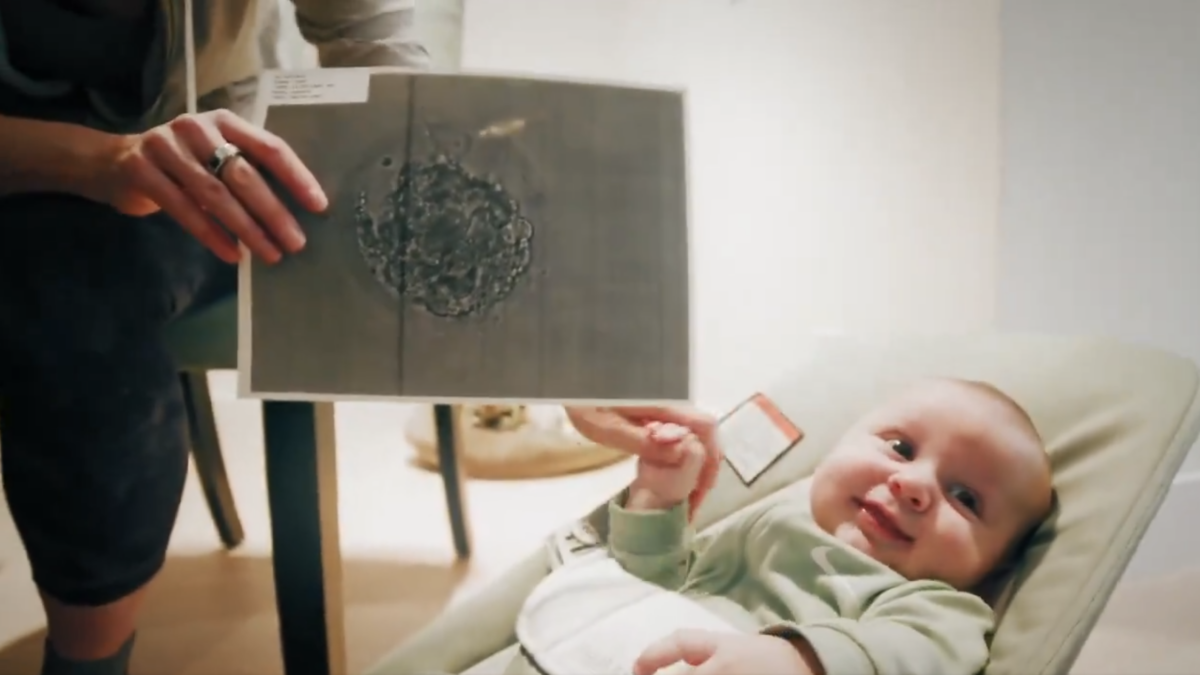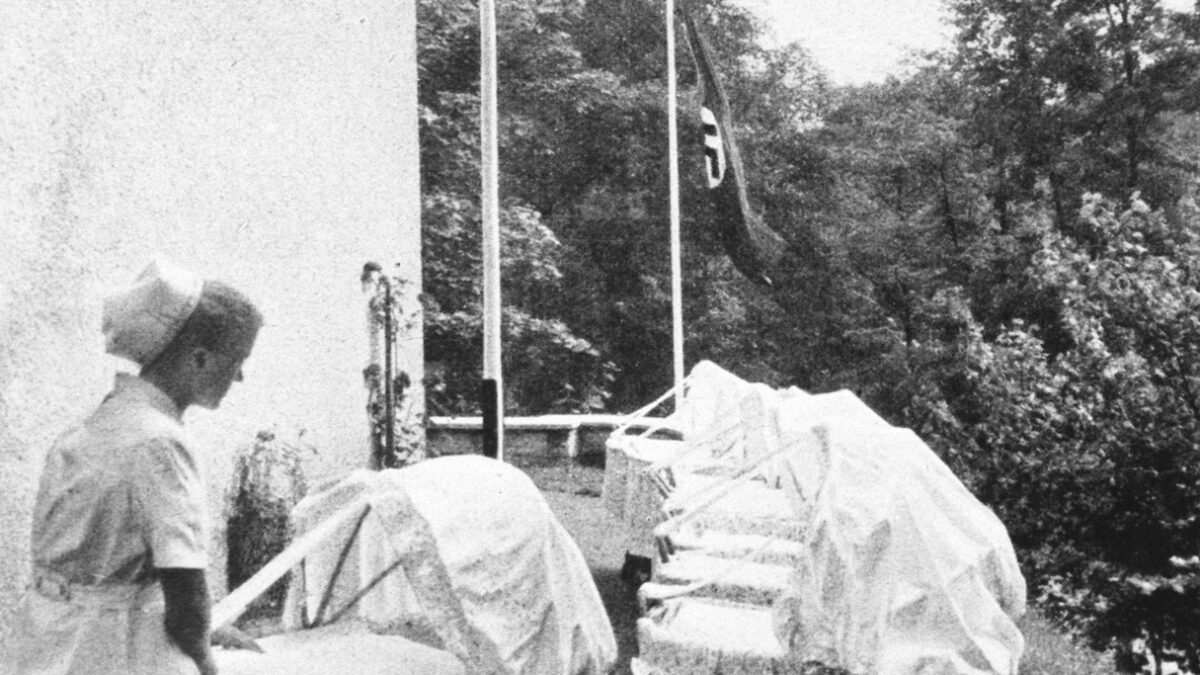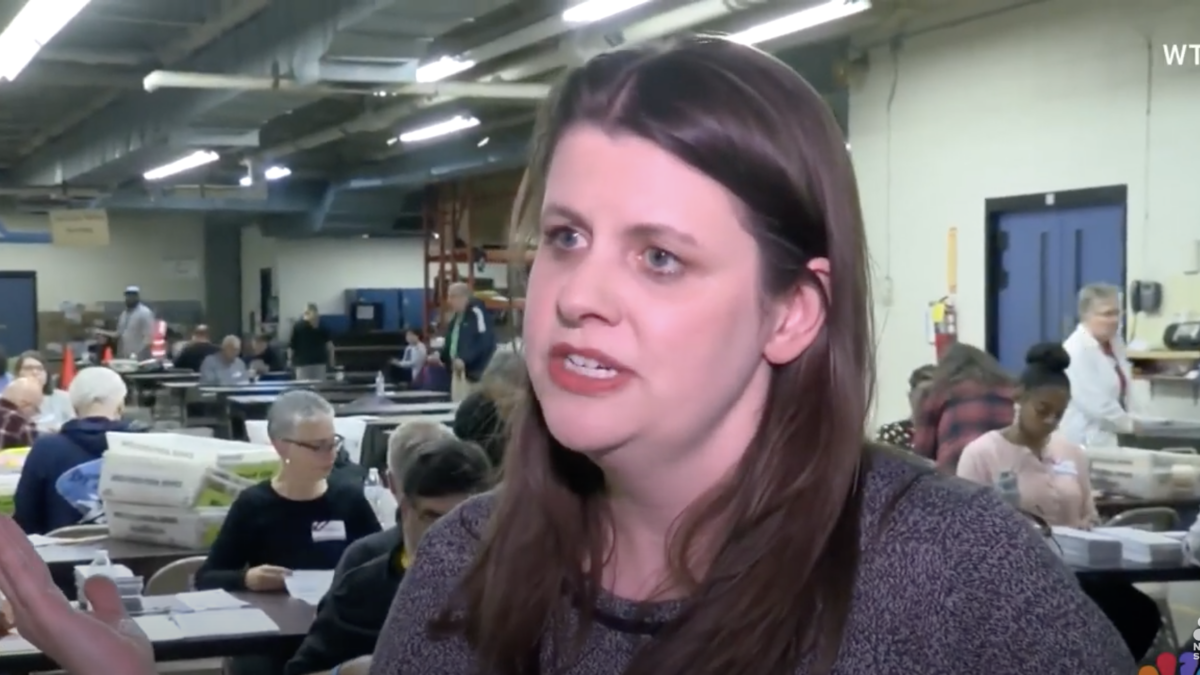In April 2012, a renowned Belgian oncologist and cancer survivor agreed to euthanize 64-year-old Godelieva de Troyer, an otherwise healthy woman battling depression. Her son, Tom Mortier, found out the next day when a Belgian hospital asked him to make postmortem arrangements for his estranged mother.
Mortier knew his mother suffered from depression her entire life but had no idea she was considering euthanasia. “My mother … was treated for years by psychiatrists and, sadly, she and I lost contact for some time,” he said. “It was during this time that she died by way of lethal injection. Never could I have imagined that we would be parted forever.”
De Troyer’s psychiatrist of 20 years initially denied her request for euthanasia in September 2011 because she didn’t meet the threshold under Belgian law, which required that to be euthanized, a person be in a “medically futile condition of constant and unbearable physical or mental suffering that cannot be alleviated, resulting from a serious and incurable disorder caused by illness or accident.” But after de Troyer made a large monetary donation to Life End Information Forum — an organization the doctor himself co-founded — he agreed to proceed. And the three other physicians who examined de Troyer’s case not only knew her medical history tenuously at best but were also intimately involved in the forum. This transpired in spite of Belgian law requiring independent, disinterested inquiries into the cases of patients seeking death by lethal injection.
The biggest gut punch, though, is that a major contributor to de Troyer’s depression was her persistent estrangement from her family — yet at no point did anyone involved in her care attempt to mend her familial relationships.
European Court of Human Rights Stops Short
When Mortier brought a case before the European Court of Human Rights, claiming a lack of independent scrutiny of the circumstances of his mother’s killing, the court agreed. Its Oct. 4 decision hinged on Article 2 of the European Convention on Human Rights, which states:
Everyone’s right to life shall be protected by law. No one shall be deprived of his life intentionally save in the execution of a sentence of a court following his conviction of a crime for which this penalty is provided by law.
The issue before the court was not, explicitly, whether de Troyer’s case violated a broader “right to life.” Rather, it was that Belgium’s Federal Commission for the Control and Evaluation of Euthanasia did not act independently in its a posteriori evaluation of de Troyer’s death:
[T]aking into account the crucial role played by the Commission in the a posteriori control of euthanasia, the Court considers that the control system established in the present case did not ensure its independence.
In so stating, the court essentially held that Belgium failed to fulfill its procedural investigatory responsibility under Article 2. However, it stopped there: The judges concluded, 5-2, that there were no underlying violations of the country’s legal framework for granting a euthanasia request — despite de Troyer’s physical health and the fact that given her familial estrangement, it seems unlikely she’d exhausted her treatment options.
No Safeguards to Mitigate Dangers
Advocacy group Alliance Defending Freedom’s International Deputy Director Robert Clarke represented Mortier in the case before the court. Clarke rightly bemoaned the court’s insistence that more “safeguarding” can adequately protect the right to life under the convention. “The reality,” said Clarke, “is that there are no ‘safeguards’ that can mitigate the dangers of the practice [of euthanasia] once it is legal.”
In response to the ruling, Mortier expressed his hope of igniting awareness of the “immense harm” euthanasia inflicts on patients and their families. “The big problem in our society,” he said, “is that, apparently, we have lost the meaning of taking care of each other.” Rather than reconnect an aggrieved patient with the family that could uplift and sustain her, de Troyer was offered virtually unfettered access to a “legal” practice that, in an instant, absolves everyone involved of their responsibilities: the family’s responsibility to care for her, a physician’s obligation to provide necessary care (even if palliative), and, ultimately, the patient’s responsibility to bear the burden that is guaranteed to befall every human person — suffering.
The Lost Meaning of Suffering
Mortier is right, except we haven’t just lost the meaning of caring for each other; we’ve also lost the meaning of suffering.
Once it becomes rampantly and universally accepted, euthanasia guarantees that none of us needs to endure suffering if we don’t want to. But if suffering is the single thread weaving us together, inviting us to bear one another’s burdens, opening a portal to a world that promises eternal, enduring relief, what do we lose when we cultivate a world where it’s no longer necessary? We might not need to suffer, but what else will we lose?
It’s a question well worth asking, and the court’s decision, while igniting a small spark of hope, does not even begin to plumb its depths.









